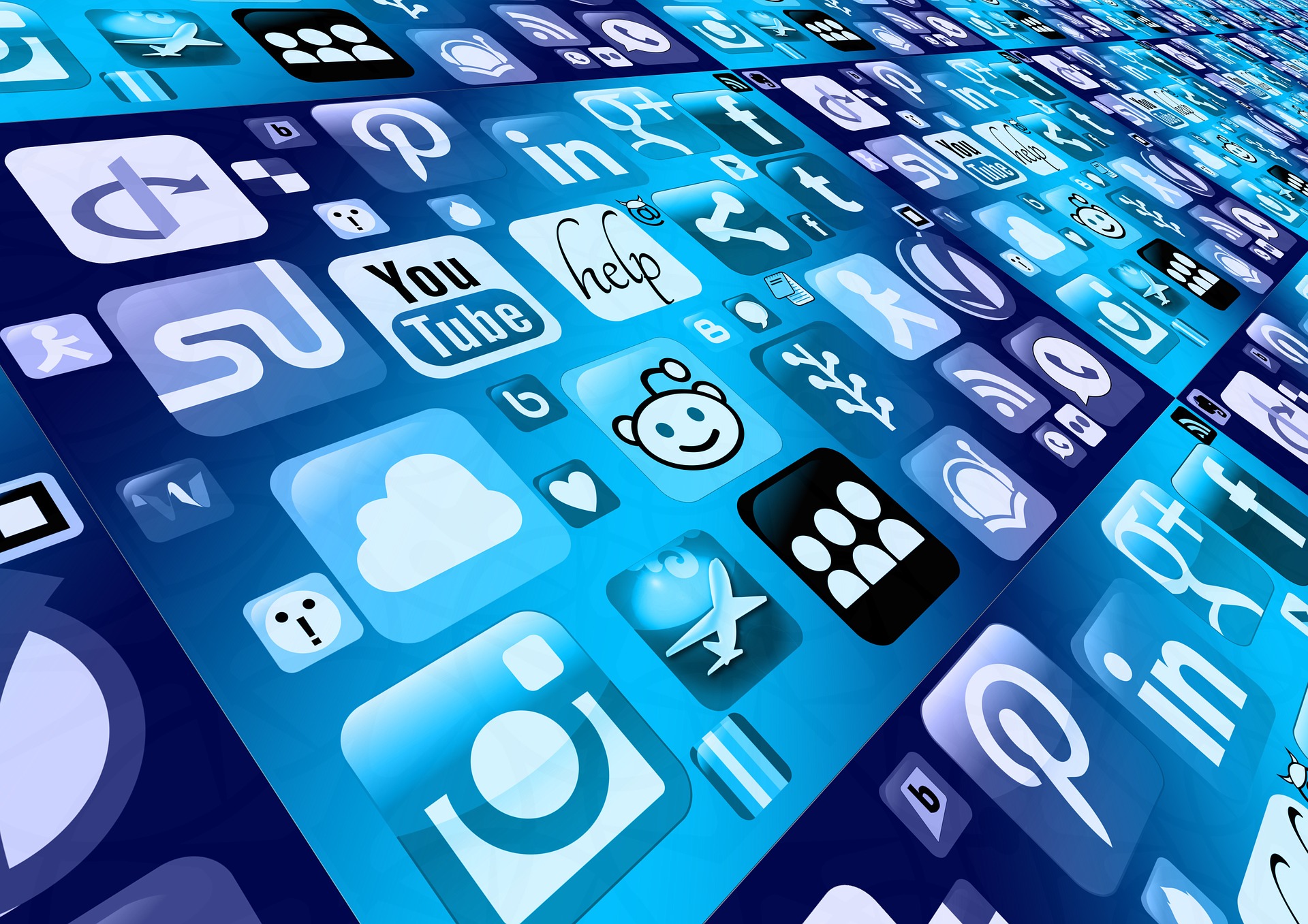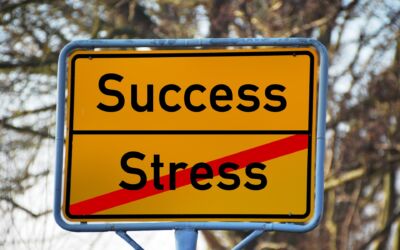In some ways it’s hard to believe, but 20 years ago the term “social media” didn’t even exist in common vernacular. MySpace was all the rage, and then this new network called Facebook came along and changed everything. Suddenly in this new era, we were connecting with people we hadn’t heard from or even thought about for years, and the world seemed like a smaller, more connected place. While this was all quite exciting, it was also too early in the process to understand the link between social media and mental health.
Since then, we’ve learned that yes, there is a link between social media and mental health, and for the most part it isn’t a positive one. Despite this knowledge, the reality is that most of us simply cannot completely escape the clutches of these outlets. There are benefits to its existence, but it’s a slippery slope between obtaining information and becoming too engrossed in it to the point where it harms a person’s mental wellbeing.
Below we’re going to continue our series on mental health self-care with a look at the link between social media and mental health. We’ll also provide some ideas for people to consider as they try to strike that balance between staying connected and not going too far into this world such that their mental health suffers.
Social Media and Mental Health: An Overview of Studies
Before getting into examples of studies linking social media and mental health, let’s begin with the overall prevalence of social media with American adults. Pew Research did a survey last year that revealed that revealed the following percentages of adults who have ever used the following social media channels:
- YouTube – 83 percent
- Facebook – 68 percent
- Instagram – 47 percent
- Pinterest – 35 percent
- TikTok – 33 percent
That translates to tens of millions of American adults – or 69 percent to be more exact – who have used or who continue to use some form of social media. That’s also a lot of people whose mental health can be affected, depending on a specific person’s usage time and particularities.
In terms of studies done analyzing the link between social media and mental health, many more have led to results indicating a negative link between the two. However, there are some that have uncovered positive results, such as the synopsis of this one here that found that social media allows people to:
- Communicate with others they may not remain in touch with otherwise.
- Find new friends and communities that share their interests.
- Promote or join worthwhile causes.
- Find audiences for creative ideas and ventures.
Unfortunately, it seems that the number of positive links between social media and mental health are relatively finite. There are countless more studies out there that have uncovered negative links. While we could provide pages of links to such studies, the general idea behind them is that overall, social media channels are designed to be addictive. In addition, using them too much or in the wrong way has been linked to such problems as anxiety and depression.
Ideas for Limiting the Link Between Social Media and Mental Health
There is one definitive way to protect any harm that could result because of the link between social media and mental health: Turn them off and don’t use them. Clearly, though, that’s not realistic, as social groups communicate with each other on social media channels, important professional updates and networking opportunities arise in these settings and too many other things are tied to them.
As strange as it may seem to say, it’s all but impossible to avoid social media channels altogether for just about anyone. Therefore, the next-best step to take is to manage your social media use so that your exposure is limited and your risk of harm is mitigated. Below are a handful of ideas to keep in mind to help you navigate the world of social media:
1. Set Time Limits
Almost any study out there has revealed that the more time we spend on social media, the worse it gets for our mental health. Set time limits for yourself for each day and do not exceed them.
2. Recognize Controversy-for-Profit
There are millions of different ways in which people and companies will troll the social media public for negative engagement. After all, clicks lead to profit. Learn to recognize when someone or something is merely an agitator and avoid them.
3. Take Some Breaks
Try to set aside one day per week – or more if possible – to avoid social media altogether. Perhaps you could spend a Sunday with your family and keep your phone in your pocket. Perhaps you could get outside for one day every week and get away from content that’s going to be there when you log back on anyway.
4. Trim the Riffraff
Over time, we all wind up friends with or otherwise linked to accounts that are not all that familiar to us. It just happens, and ofttimes, these are the accounts that cause us the most trouble mentally. From time to time, go through your contacts list and get rid of those with whom you’re not familiar.
5. Find Positive Discussions and Post Actively
Rather than read all the troll bots and their “content,” find something or some things that you love and post actively in those sub-forums. For instance, if you love to garden, find a gardening group and engage in active discussions there instead of reading the latest conspiracy theory about this presidential candidate or that country or that online development.
How SoCal Empowered Can Help
Given the link between social media and mental health, we all need to be careful about how much and how we spend our time there. These channels are designed to pull us in and keep us there, whether it’s good for us or not. If your gut tells you you’re spending too much time in these places, trust that thought and log off for a bit. It’s almost a certainty that it’ll do you some good.
Meantime, if you’re suffering from serious mental health problems that logging off of social media alone cannot repair, you should reach out to our team of Orange County mental health professionals as soon as possible. We can help you decide how you should proceed, and we’ll help you find the right resource for your situation, whether that involves a stay with us or not.
Contact us today to figure out how to get a handle on these struggles.




